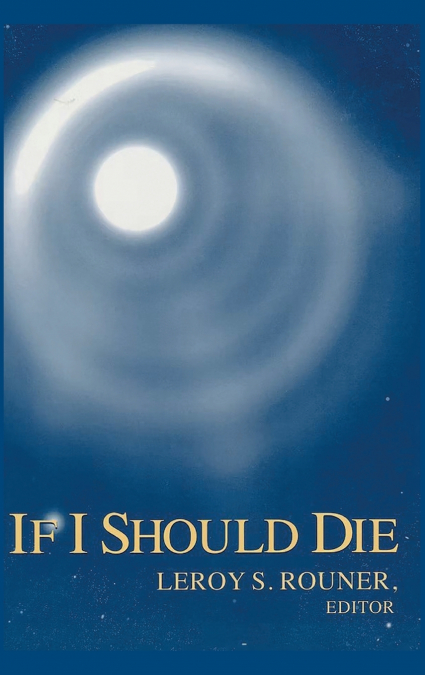
 Librería Desdémona
Librería Desdémona
 Librería Samer Atenea
Librería Samer Atenea
 Librería Aciertas (Toledo)
Librería Aciertas (Toledo)
 Kálamo Books
Kálamo Books
 Librería Perelló (Valencia)
Librería Perelló (Valencia)
 Librería Elías (Asturias)
Librería Elías (Asturias)
 Donde los libros
Donde los libros
 Librería Kolima (Madrid)
Librería Kolima (Madrid)
 Librería Proteo (Málaga)
Librería Proteo (Málaga)
What does 'death' really mean? Is there life after death? Is that idea even intelligible?Despite our constant confrontation with death there has been little serious philosophical reflection on the meaning of death and even less on the classical question of immortality. Popular books on 'death and dying' abound, but they are largely manuals for dying with composure, or individual 'near death' experiences of light at the end of the tunnel.This lively conversation includes various views on these matters, from John Lachs’s gentle but firm insistence that the notion of immortality is philosophically unintelligible, to Jürgen Moltmann’s brave and careful examination of various arguments for what happens to us when we die. David Roochnik searches the Platonic dialogues for a metaphorical immortality which might satisfy the human longing for some meaning which does not die with us. Aaron Garrett traces the naturalization of the idea of immortality from Scotus to Locke in the history of Western philosophy, and David Schmidtz offers autobiographical reflections in shaping his philosophy of life’s meaning. David Eckel takes us through a synopsis of Buddhist ideas on these issues, and Brian Jorgensen offers a response. Rita Rouner uses the poems she wrote after the death of her son to chronicle a survivor’s struggle with life and death. Peter Gomes casts a critical eye on our death rituals, and defends a classical Christian view of death and immortality, while Wendy Doniger examines the literature on those who were offered immortality by the gods and chose instead to remain mortal.